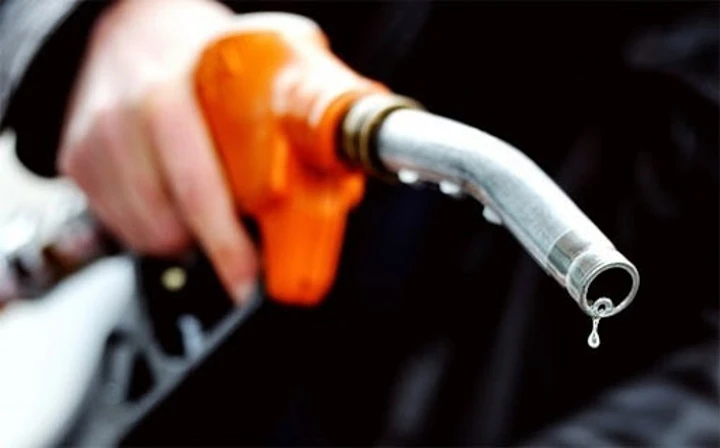


Developing renewable energy is currently the State's top priority
Fuel used for company-owned vehicles will be scope 1 emissions (direct), while fuel used for outsourced transportation activities will be under scope 3 (indirect). Through methods such as optimizing load and routes or using biofuels, businesses can save fuel for scope 1 emissions. Partnering with a "green" logistics service provider with good environmental awareness and commitment to sustainable development is a way to build a green portfolio and reduce scope 3 emissions of businesses.
Emissions from electricity consumption (within scope 2 - indirect) can be easily calculated from electricity bills multiplied by EVN's power grid emissions factor. Measuring major electricity usage sources will help with energy saving processes, renewable energy conversion and improving energy-inefficient machines/devices.
Currently, EVN has allowed direct purchase of renewable energy (wind/solar power) from suppliers through EVN's power grid or self-build private power lines. Large-scale businesses can develop solar power at their facilities to partially support energy needs for production. To optimize electricity use, strong solutions such as infrastructure technology, smart buildings, optimizing electrical equipment and digital transformation to obtain more accurate measurement data are being applied by many large corporations like Unilever and Vinamilk. Energy transition provides a safe option against volatility in fossil fuel prices.

According to the 2023 Manufacturing COO Pulse survey of over 600 chief executive officers from large companies conducted by PwC, most industrial manufacturing companies have integrated ESG focusing on energy optimization (88%) and reducing greenhouse gas emissions (76%). Addressing energy-related emissions can help businesses build an ESG portfolio with the environment (E) criteria implemented comprehensively and with positive results, moreover establishing energy-saving processes is also part of the governance (G) criteria of the report.

Businesses with large electricity consumption need to re-examine their supply chains from a climate perspective as relevant stakeholders have demanded action. By shifting to renewable energy and fuel use, improving efficiency to reduce waste and promote clean self-production capabilities, companies can adjust resource use in line with emissions targets. Similarly, rallying partners across value chains to transform grid infrastructure and facilities will enable broader carbon removal processes.
Beyond eliminating environmental harm, these changes create energy supply security, ability to penetrate demanding markets at better costs. Taking a proactive approach to green transformation boosts competitiveness, allowing brands to have a stronger, more sustainable image in governance under customer and partner eyes. Being an early adopter of trends and starting with energy emissions before markets become even more stringent with enforced standards and rigid requirements.


